What Juneteenth Means to Me: A Photo Essay
June 18, 2024
Home > About > News & Media > Story Center
Juneteenth, celebrated on June 19, commemorates the arrival of federal troops in Galveston, Texas, in 1865 to enforce the emancipation of all enslaved people. This pivotal moment came two-and-a-half years after the Emancipation Proclamation was signed, thus marking a delayed but significant step toward freedom. Juneteenth celebrates the end of slavery in the United States and is the longest-running African American holiday.
While it has been a cornerstone of Black American culture, particularly in the South, Juneteenth did not achieve federal recognition until 2021. This long-overdue acknowledgment came in the wake of a national awakening on racial injustice, ignited by the tragic deaths of George Floyd, Breonna Taylor, Ahmaud Arbery and others. Their deaths resulted in subsequent nationwide protests against systemic racism and police brutality. However, despite its deep roots and profound significance, Juneteenth still remains unfamiliar to many Americans.
For some Black Americans, Juneteenth is a cherished time to gather and celebrate independence and heritage. For others, it is a solemn reminder of the work that still remains to dismantle systemic racism and achieve equality. This year, in honor of Juneteenth, we have invited Legacy Health staff to share their thoughts on what this holiday means to them personally.
Read their powerful reflections and join us in honoring this pivotal moment in American history.

|
|
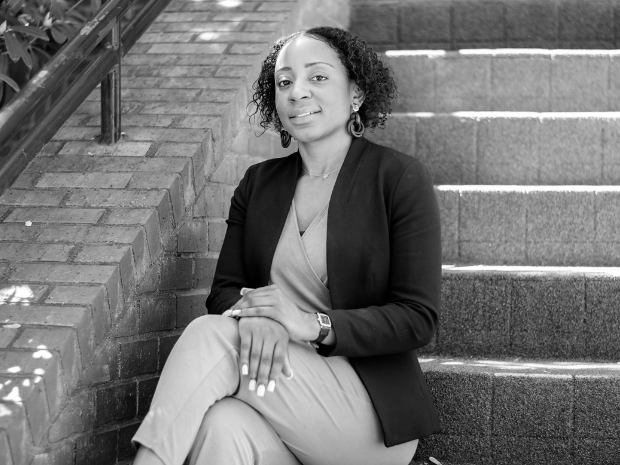
|
|
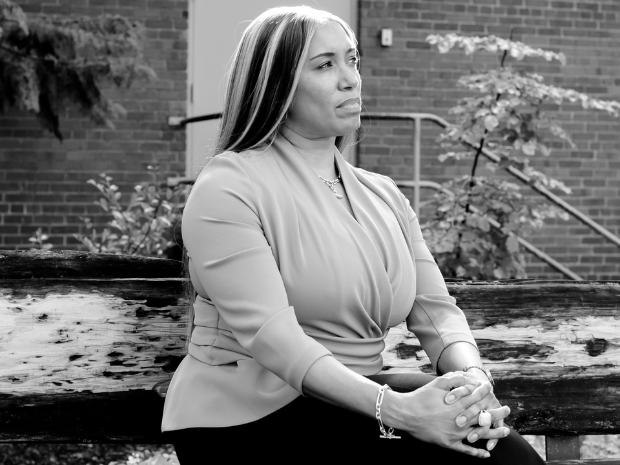
|
|
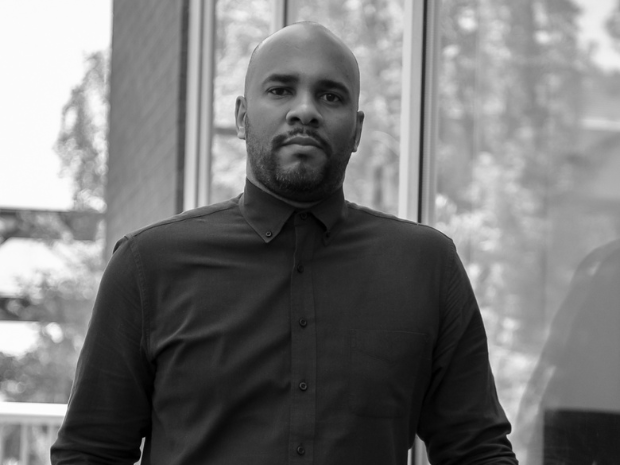
|
|
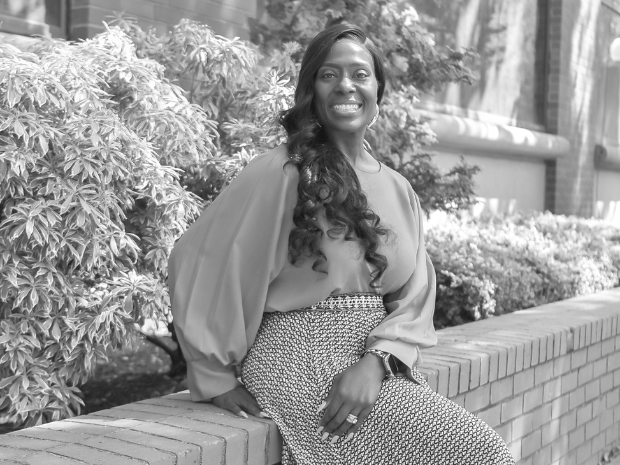
|
|

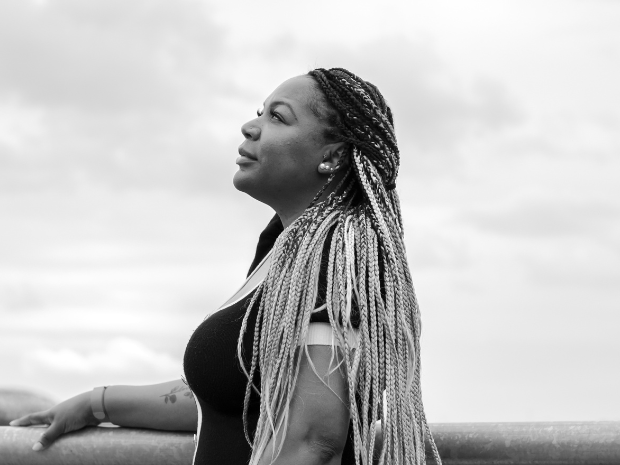
|
|

